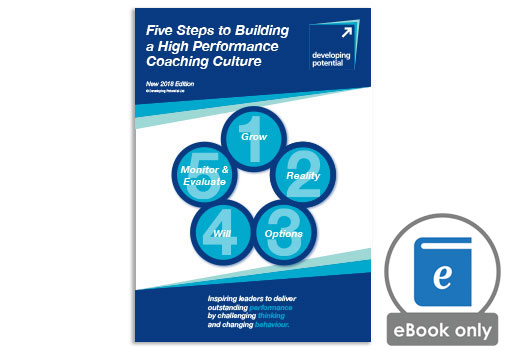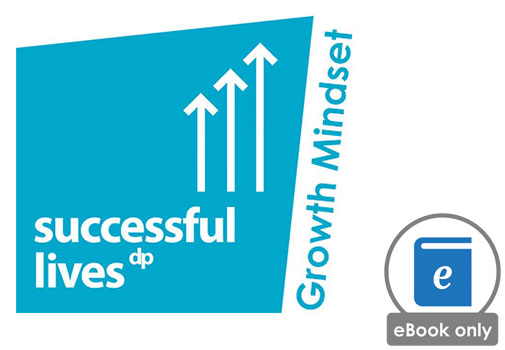
What do we mean by a coaching culture and what does it matter in our primary schools anyway?
How many times have you heard people say that you need a coaching culture in your school, and how many times have you thought, ‘that sounds interesting, but probably not for my school’?
Most head teachers want the best for their school, to ensure that they not only get good results but achieve it in a way that fits with a holistic philosophy, where every child counts and every child has an opportunity to explore and develop their personal strengths and talents.
So what are the benefits of applying an excellent Coaching Culture in schools?
- Collaborative leadership
- Higher levels of performance and results
- Greater self-responsibility and accountability
- Increased motivation and engagement
- Enhanced learning and creativity
- Raised ambition and achievement
- Improved behaviour and better relationships
The big question is how do we embed this into our schools and achieve this aim? The answer is simple:
“Coaching is the how to of achieving outstanding performance.”
Coaching is both a philosophy and a process. The process is quite easy asking mostly open questions that invite people to think for themselves, listening with empathy to really understand individuals and giving effective feedback to enable learning and progress.
However it is the philosophy underpinning coaching that is essential for it to work. It is a leadership style where the emphasis is put on asking and involving, rather than telling, where staff and children feel empowered firstly to be independent and then to be interdependent or collaborative. It is based on values such as trust and integrity and the belief that everyone has ability and as a teacher or coach we can help unlock potential.
Coaching is not a special tool to be taken out just for performance management but is an everyday method of solving issues and helping staff and children make progress. It can also be used for developing your SIP, behaviour management, CPD , with parents and much more.
The Sutton Trust suggests that after the quality of teaching the most cost effective way of encouraging students to learn is peer coaching and feedback.
So the question to ask is – how does a primary school go about making the change to embed the coaching culture?
One of the mistakes made in attempting to develop a coaching /high performance culture is that it might be seen as a quick fix; the reality is that it takes time and commitment. However the results are worth the effort and if every child and teacher does just a little coaching it becomes transformative. The language in a school begins to reflect a new way of thinking, being and doing.
There are 5 key steps which Developing Potential have identified that supports the process of coaching in primary schools:
Step 1 is ‘Scope the Opportunity’.
This is ‘The Why’ of building a coaching culture. It is very important that everyone has a clear understanding and rationale as to why you want to do this. Without it you will not get the buy-in you need from across the school.
Step 2 is ‘Prepare the Ground’.
Once you have understood your why, you need to analyse your current situation and decide the culture you wish to create and the outcomes you want to achieve.
Step 3 is ‘Create a Plan’.
Without a clear plan you will not be able to move forward and it is at this and step 4 where most people fail to create the culture they want in their school.
Step 4 is ‘Take Action’.
Nothing is ever achieved without co-ordinated and consistent action. Many people talk about what they will do and never get round to doing it.
Step 5 is ‘Measure and Consolidate’.
As with all progress it needs to be measured and evaluated. One of the keys is to praise small wins, and regularly review and communicate progress.
If you have an interest in taking your school to the next level of performance then creating a Coaching Culture in your school is a highly effective way of achieving that ambition.
If you want to know more to help you on your journey Focus has a guild available on the “Five Steps to Building a School Wide Coaching Culture”.
Coaching is ‘performance centered and performance focused’ – Sir John Whitmore – one of the pioneers of modern coaching.
Continue the Conversation
For more information on coaching in primary schools, you can also find me on Twitter @Lesduggan or get in touch with the Focus Education office on 01457 821 818.
Related Products
Les is a highly experienced one-to-one executive coach, facilitator and leader. He is one of the founding Directors of Developing Potential Ltd, a not for profit company set up with Olympian Dr David Hemery CBE to focus on high performance in Business, Education and Sport.









